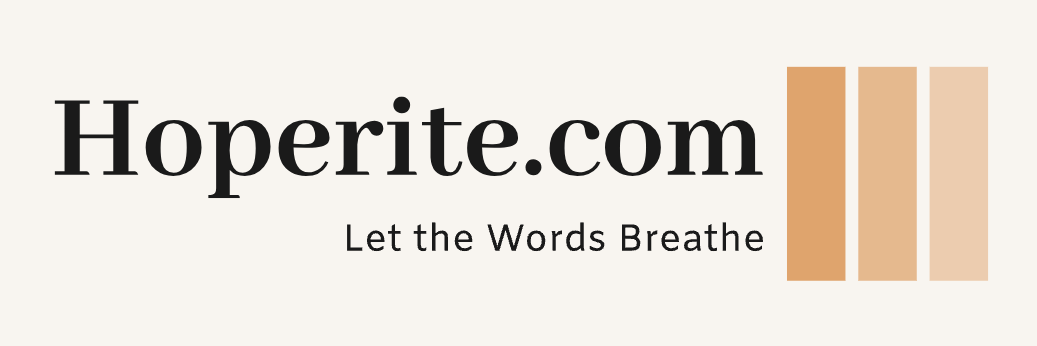
Literature, as a reflection of human experience, emotion, and imagination, often invites readers and scholars alike to explore its myriad of depths. From the timeless tales of love and loss to the intricate webs of social dynamics and cultural narratives, literature reflects the complexities of our world. But what drives the exploration of these literary treasures? In this post, we will uncover some of the most compelling research topics in literature that not only illuminate the works themselves but also reveal the profound connections between text and context.
Themes and Motifs
- Gender Roles: Exploration of how gender is represented in various literary works, such as Shakespeare’s plays or modern novels.
- Race and Ethnicity: Analysis of racial themes in literature, including the portrayal of racism in early 20th-century works or postcolonial narratives.
- Mental Health: Examination of mental illness representations in texts like The Bell Jar and The Yellow Wallpaper.
- Social Class: Investigating class dynamics in novels like George Eliot’s Middlemarch or Jane Austen’s works.
- Love and Relationships: Studying themes of love and marriage in the poetry of John Donne or the novels of Jane Austen.
Literary Techniques
- Symbolism: Analyzing the use of symbols in significant works, such as William Golding’s Lord of the Flies or Joseph Conrad’s Heart of Darkness.
- Characterization: Discussing character development and its implications in various literary texts, including Gothic fiction.
- Narrative Structure: Exploring different narrative techniques, such as stream of consciousness in Virginia Woolf’s Mrs. Dalloway.
Historical Contexts
- Impact of Historical Events: Investigating how events like World War I influenced early 20th-century literature.
- Literary Movements: Studying movements such as Romanticism, Modernism, or Postmodernism and their characteristics across different authors.
- Cultural Influences: Examining how folklore, mythology, and cultural narratives shape literary works across different eras.
Comparative Studies
- Author Comparisons: Contrasting the styles and themes of different authors, such as Morrison and Baldwin or Achebe and Ngugi wa Thiong’o.
- Intertextual Analysis: Exploring connections between various texts, such as comparing adaptations of classic myths in modern literature.
Genre Studies
- Gothic Literature: Analyzing elements like supernatural occurrences in works such as Bram Stoker’s Dracula.
- Science Fiction and Fantasy: Investigating how genres like magical realism impact societal perceptions through authors like Gabriel García Márquez.
Conclusively, it’s clear that the literary world is a rich tapestry woven with diverse themes, techniques, and historical contexts. Each topic serves as a gateway to deeper understanding, inviting us to engage with the texts that have shaped our cultures and societies. Whether delving into the intricacies of gender representation, unraveling the complexities of race, or examining the evolution of narrative styles, the study of literature offers endless opportunities for discovery and reflection.
Literature not only enriches our minds but also challenges our perceptions and inspires change. As you embark on your own literary journey, remember that every page turned is an invitation to question, to connect, and to grow. So grab your favorite book or plunge into a new one—who knows what insights await you? The world of literature is vast and ever-evolving, and your exploration of its depths has only just begun!
